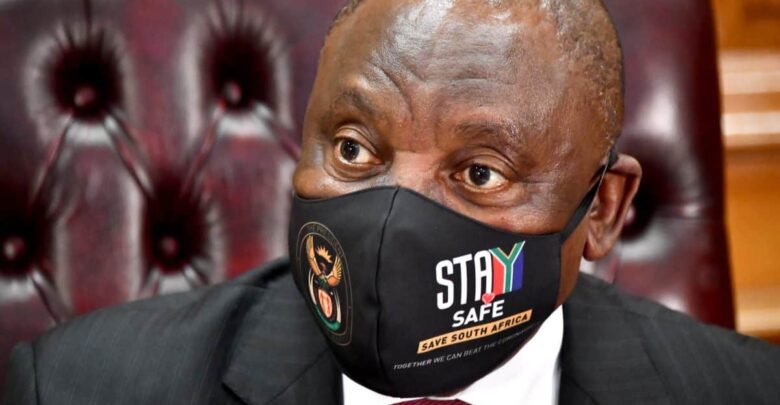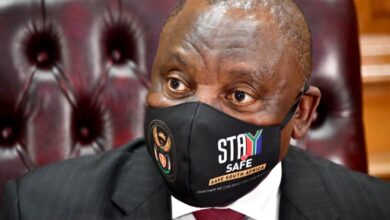South Africa
South African President Ramaphosa Eases COVID-19 Restrictions To Lowest Level

South African President Cyril Ramaphosa on Thursday eased coronavirus restrictions in the country to the lowest level, scrapping almost all curbs on alcohol sales and easing limits on the number of people allowed at public gatherings, reported Reuters.
In a televised address, Ramaphosa announced South Africa would move down one level in a five-tier system of restrictions, as the country emerges from its third COVID-19 wave dominated by the Delta variant of the virus.
“The current trends in the progression of the pandemic mean that a number of the restrictions in place can be eased,” the South African president said.
Among the restrictions that have been eased include the sale of alcohol without any timing restriction, and restaurants and bars are now allowed to remain open until 11 p.m. one hour later than before. A curfew will begin at midnight, an hour later than before, and remain in place until 4 a.m.
The number of people permitted at public gatherings has been increased to a maximum of 750 people indoors, three times the previous limit, and 2,500 outdoors, up from 500 before.
According to the National Institute of Communicable Diseases, the country exited the third wave of infections earlier this week, with 1,678 new cases and 101 deaths reported on Thursday. The test positivity rate has dropped to 4.1%, from a peak of more than 30%.
President Ramaphosa, however, urged the public to follow health protocols such as the wearing of masks to prevent another upsurge.
The South African President Ramaphosa called out the public to get vaccinated and urged companies to facilitate the process for their staff
He said the country’s vaccination program is far too slow and therefore there will be a countrywide drive to increase vaccination over weekends to cater for those who can’t get shots during working hours.
South Africa has reported over 2.9 million confirmed coronavirus cases so far. About 17.5 million vaccine doses have been administered so far in the country of 60 million people.




